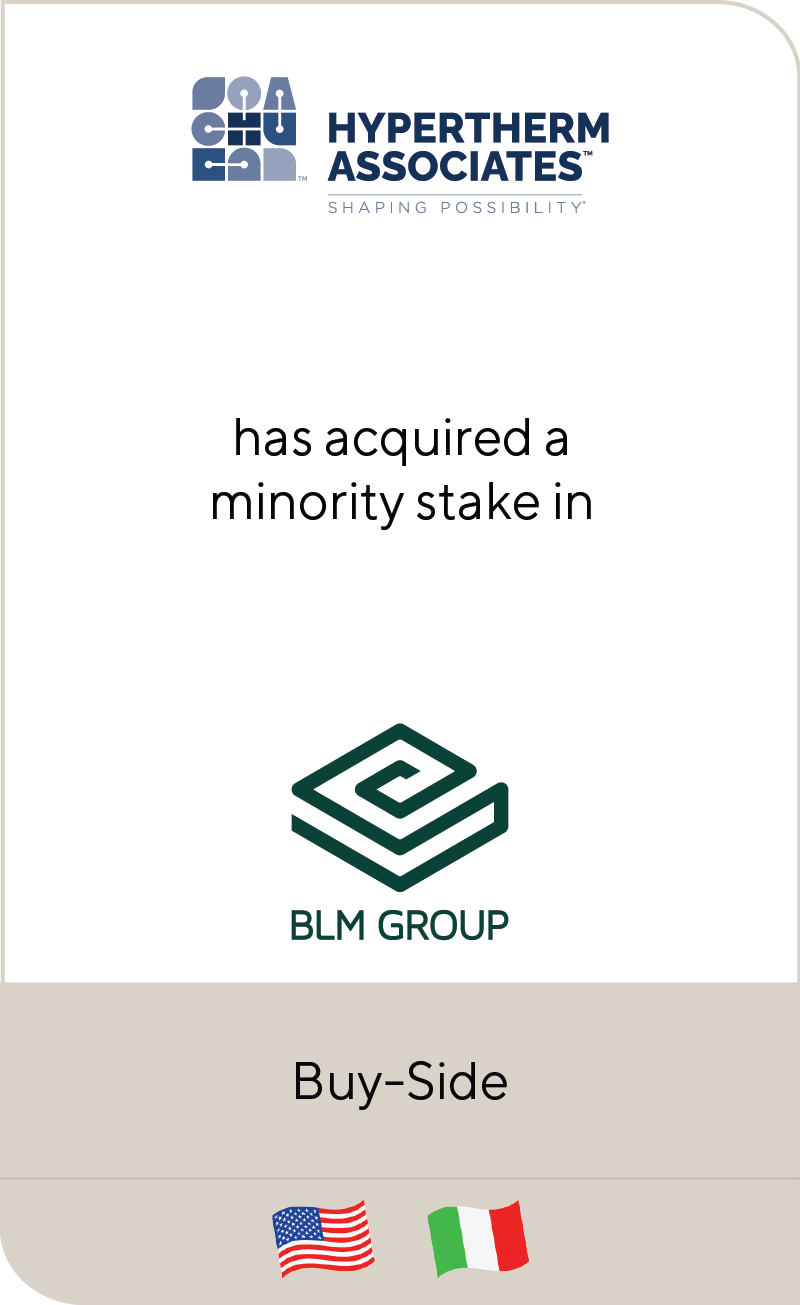Top Five Perspectives from ACG Chicago’s “Unlocking the Value in Value-Based Care”
Lincoln International recently attended ACG Chicago’s Unlocking the Value in Value-Based Care panel. The event brought together payors, providers, advisors and investors in the value-based care community to discuss trends and developments affecting the sector. Lincoln is pleased to present our insights and takeaways from the panel in the below article.
Summary
-
Lincoln International recently attended ACG Chicago’s Unlocking the Value in Value-Based Care panel.
|
1 |
Recent Interest in Value-Based Primary Care is Creating Tailwinds for Growth in Specialty Care
Primary care has unequivocally received the most interest among value-based care sectors over the last decade. While this trend is expected to continue, the activity in primary care is also creating a halo effect, driving increased interest in adjacent specialty areas for two reasons. First, participants are encouraged by the success achieved by recent high-profile public and private equity-backed primary care deals and are eager to replicate that success in other areas. Second, primary care physicians (PCPs) are increasingly looking to allocate risk for segments of their panels whom the PCP is ill-equipped to manage, such as end-stage renal disease or oncology patients. The logical partners to help PCPs manage those populations are value-based specialty providers that share a similar philosophical approach to providing care. Thus, the increase in patients managed under value-based primary care arrangements is expected to drive demand for value-based subspecialties. |
|
2 |
Delivering Value-Based Care Requires a Cultural Shift Among Providers
Payors and providers agree that delivering services under value-based arrangements requires a significant cultural shift for providers, most of whom developed their professional careers in a fee-for-service world. Significant infrastructure investments, such as care coordinators, information technology systems and care networks are often the first considerations for providers contemplating transitioning to value-based care. Just as important, however, is ensuring physician buy-in to the philosophical differences of value-based care such as identifying and addressing care gaps, enhancing care coordination and emphasizing preventative care. Education and training as well as open communication can help providers navigate the cultural transition. |
|
3 |
Providers Should Strive to Limit Contract Variability When Possible
One of the primary risks for failure under value-based arrangements lies in inappropriate contracting. All participants agreed that one of the best strategies for minimizing this risk is to simplify and standardize contracting as much as possible. Providers should work with payor partners to fully understand and agree on the implications for all contract terms, including downside performance scenarios. Providers sometimes overly focus on the upside, but understanding downside risks are equally important. This is more easily done when standard provisions or approaches are used across contracts, as opposed to having to navigate significant variability as different contracts are negotiated with different payors. |
|
4 |
Understanding Panels at a Granular Level is Critical for Success
Another key risk area is failing to understand the underlying demographics of a panel. Providers can inadvertently take on excess insurance risk within a panel without doing sufficient due diligence on the population in advance. Providers should self-reflect on which types of patients they are best suited to serve, and work with the payor partner to ensure the panel is appropriately reflected. Payors want providers to succeed, and ensuring alignment on the panel in advance is one key to success. |
|
5 |
Having Expert Advice is Invaluable
No one can succeed in value-based care alone. Enlisting unbiased third-party advice can prove invaluable in a provider’s journey with value-based care. Whether it is engaging an actuarial consultant to review claims-level data to better understand an underlying panel, or working with an investment banker to review options in the capital markets, having a trusted and experienced advisor, such as Lincoln, means providers are equipped with support and well positioned to find the right path to success. |
Unlocking value in value-based care requires a combination of smart contracting, cultural alignment, and strong execution.








